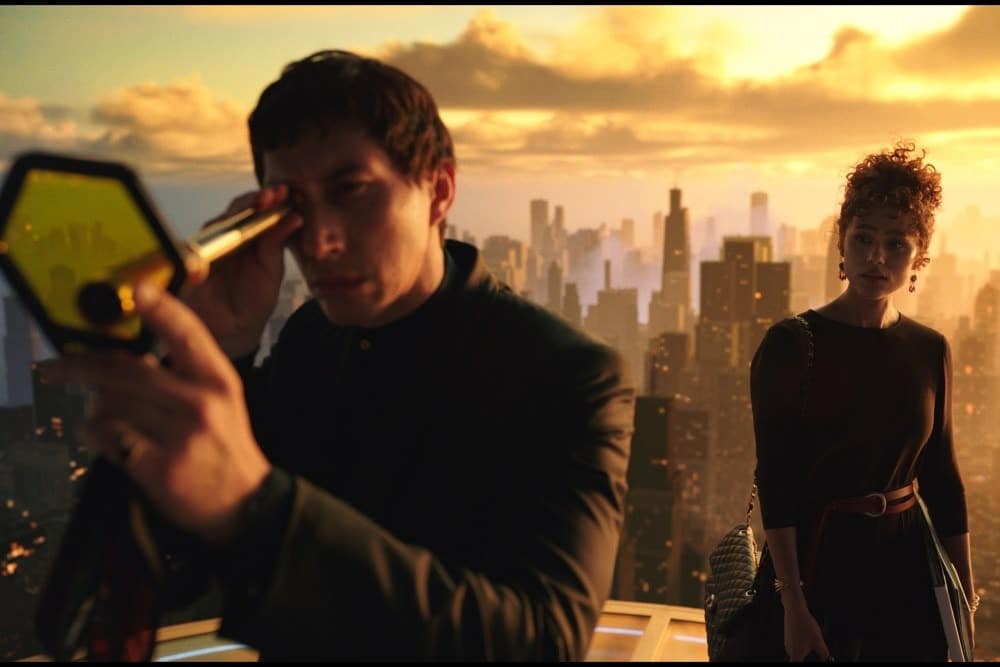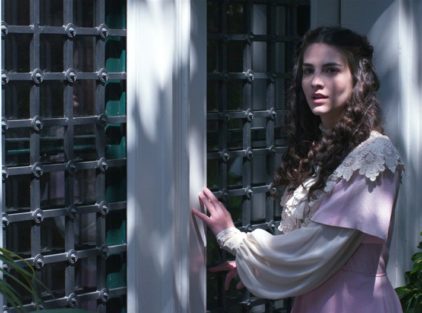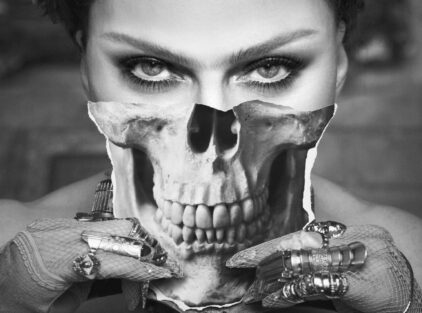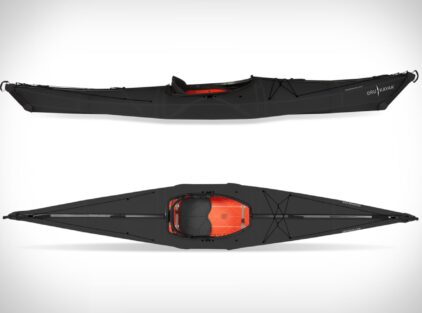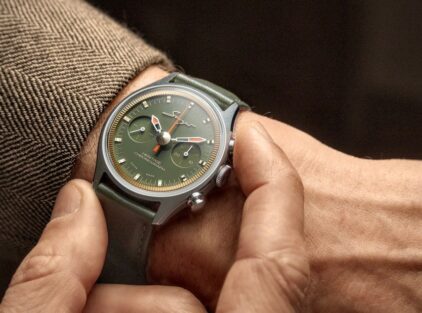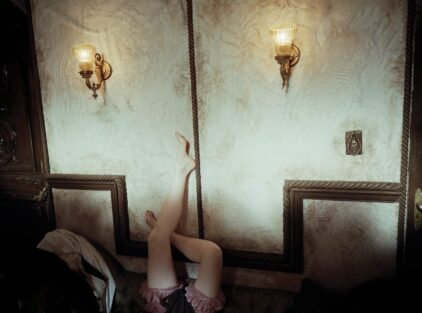Megalopolis has been taking shape inside Francis Ford Coppola’s mind for nearly half of his life, and now he’s finally ready to show it to the world. The 85-year-old director of The Godfather, Apocalypse Now, and The Conversation has finally completed his operatic passion project, at considerable personal cost. It will debut next month at the Cannes Film Festival.
The movie is about the personal, political, and romantic clashes that arise during a battle to construct an American utopia, and it was shaped in part by the speculative prophecy of H.G. Wells, a murderous conspiracy from ancient Roman history, the devastation of the September 11 attacks, and the outsize influence of attractive cable news hosts, among a litany of other inspirations. “To that, I added everything I had ever read or learned about,” Coppola says in a statement.
Adam Driver as the idealistic architect and artist planning to rebuild a city that has fallen to ruins, and Nathalie Emmanuel as the socialite daughter of his nemesis, a corrupt mayor (Giancarlo Esposito), who likes his municipal kingdom the way it is. In his official logline for the film, Coppola describes Driver’s character as having the “power to stop time,” while Emmanuel’s character is caught between the two, deeply in love with the artist but loyal to her hard-charging father, “forcing her to discover what she truly believes humanity deserves.”
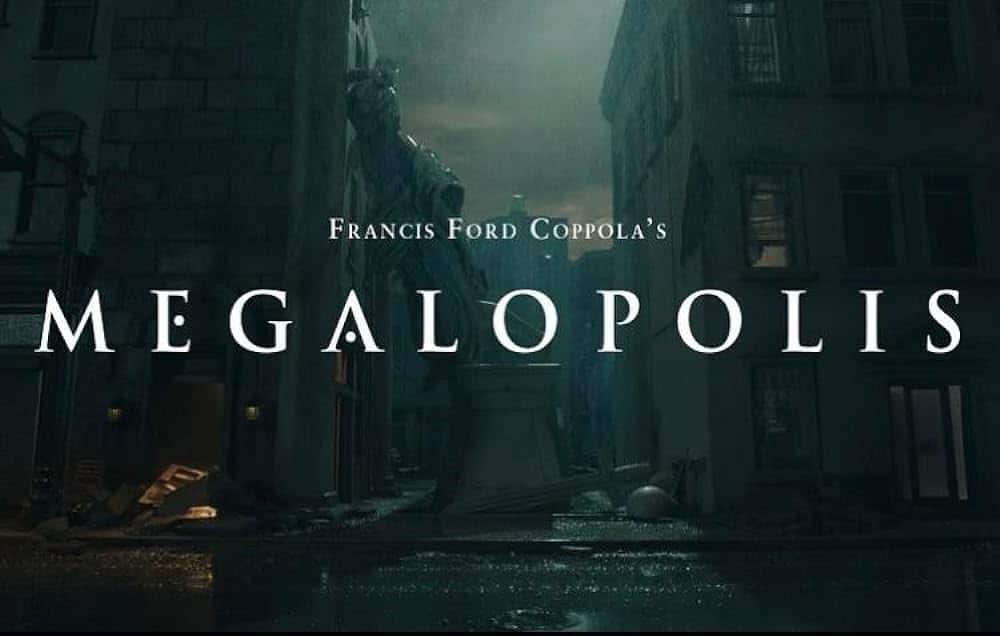
The sprawling ensemble also includes Aubrey Plaza, Shia LaBeouf, Dustin Hoffman, Jon Voight, Laurence Fishburne (who was a teenager soldier in Apocalypse Now), Kathryn Hunter, singer Grace VanderWaal, and James Remar, as well as the filmmaker’s sister, The Godfather actor Talia Shire, and her son (Coppola’s nephew) Jason Schwartzman.
Coppola declined to appear in interviews for this first look – after all, his wife of 61 years, Eleanor, passed away earlier this month, and the director and his family remain in mourning.
Instead, he offered this statement:
“The seeds for Megalopolis were planted when as a kid I saw H.G. Wells’s Things to Come,” Coppola says. “This 1930s Korda classic is about building the world of tomorrow, and has always been with me, first as the ‘boy scientist’ I was and later as a filmmaker.”

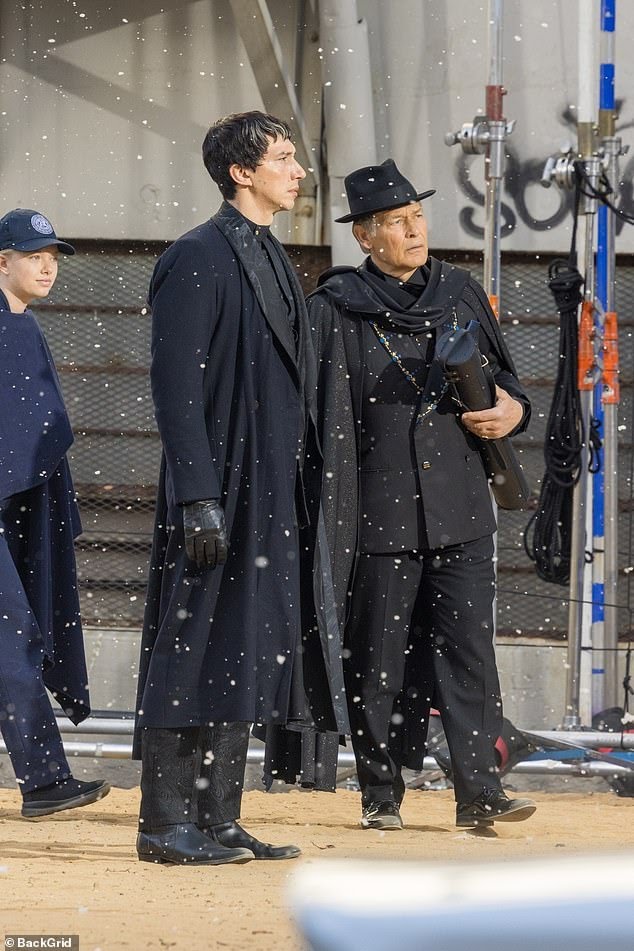
youtube.com/watch?v=8BP2y0wz49U
